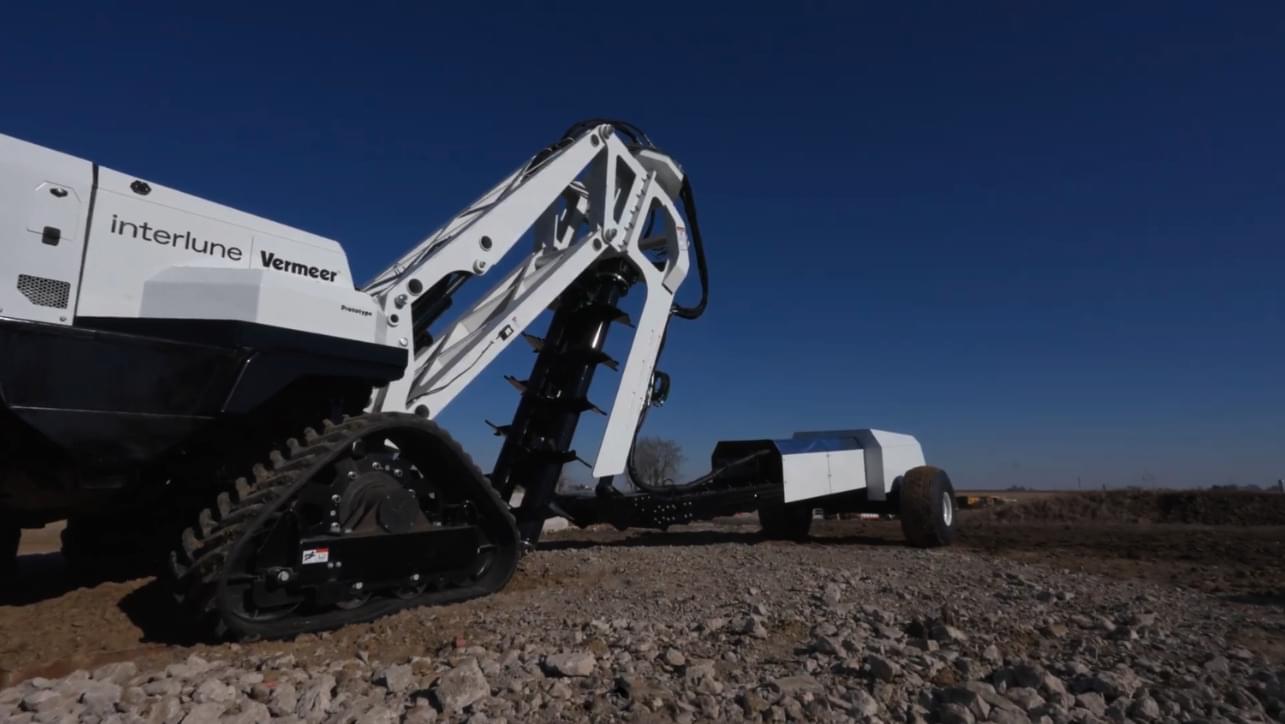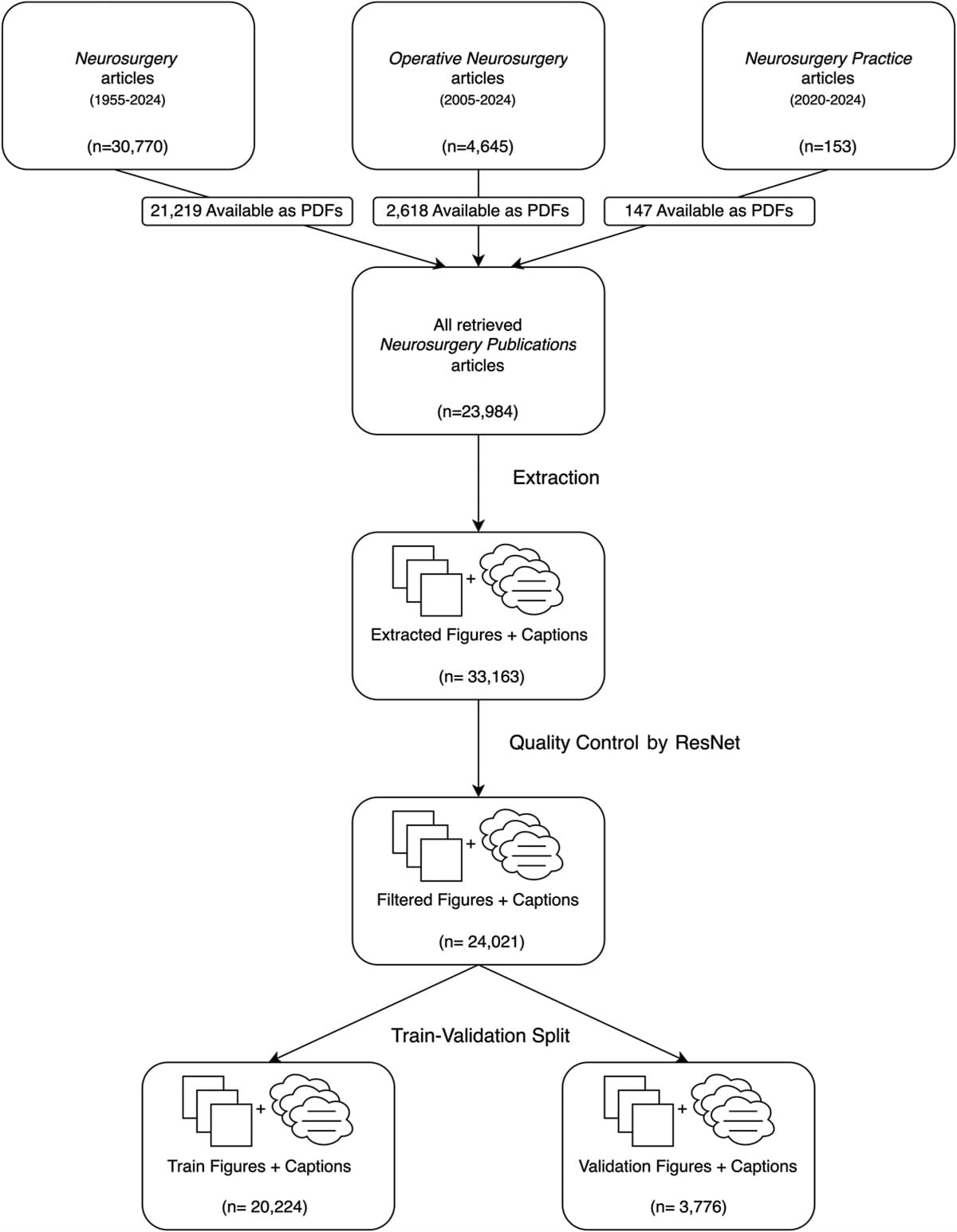The government has announced a record £2.5 billion investment in fusion energy, which includes support for a prototype fusion energy plant in Nottinghamshire.
The new prototype plant, known as STEP (Spherical Tokamak for Energy Production) will be built at the site of the former West Burton A coal power station near Retford and Gainsborough. The site was chosen by the government in 2022 as the location for the project, with the project’s delivery expected to create over 10,000 jobs ranging from construction to operations. The announcement shows the government’s firm commitment to becoming a “clean energy superpower” by turbocharging innovation in an area that’s produced conventional power for generations.
The record funding for fusion research announced this week shows the UK government’s firm commitment to clean, sustainable energy.







